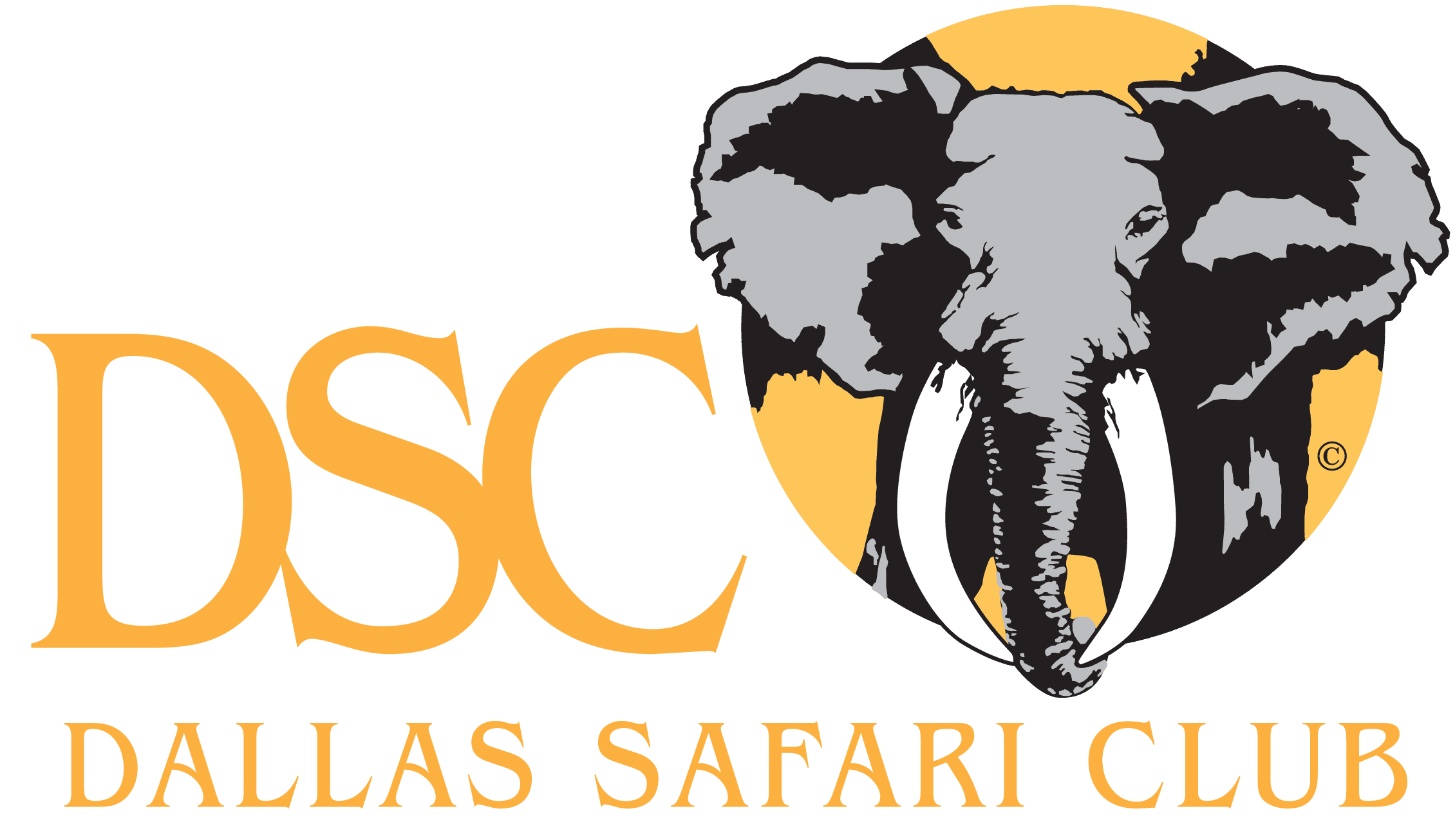Feds to ‘Re-evaluate’ Elephant Policy after Mid-Term Elections
Ed Johnson 07.25.14

The U.S. Fish and Wildlife Service says it will wait until after mid-term elections to “re-evaluate” a controversial new policy on elephant hunting. But conservation groups including Dallas Safari Club (DSC) worry that political gamesmanship in America is already compromising sustainable elephant management in Africa.
Yesterday, the agency promised a December review of a suddenly announced ban on importing elephants lawfully hunted in Zimbabwe (and Tanzania) in 2014.
Since the April announcement, DSC has criticized the ban as a politically motivated stunt that would only hinder wildlife conservation and rural communities in Africa. Seeking a reversal, DSC and its partners began providing data and info to help the U.S. Fish and Wildlife Service fully understand the situation on the ground in the affected countries.
But the agency on July 23 confirmed the ban and, in the next-to-last paragraph, the suspicious timeline for revisiting it – adding to concerns that politics are trumping science, according to DSC Executive Director Ben Carter.
“Basically, this agency is taking a timeout from science-based conservation policy,” he said.
“All signs point to politics, because science, facts, on-the-ground expertise and even common sense aren’t moving the needle with the U.S. Fish and Wildlife Service,” said Carter. “By effectually banning lawful hunters, this administration is de-funding a system proven to protect elephants where they are threatened, and manage elephants where they are overpopulated.”
He added, “This agency has offered nothing to replace the lost revenue, knowledge or leadership that hunters provided for elephant conservation in Zimbabwe and Tanzania. It has opened a gate for poachers because now there is less stewardship of a valuable resource.”
Carter said the U.S. Fish and Wildlife Service also ignored the Wildlife and Hunting Heritage Conservation Council, a federally recognized advisory body of respected conservation organizations such as Ducks Unlimited, The Nature Conservancy, National Wildlife Federation, Wildlife Management Institute and other groups, universities and agencies. The council had identified flawed processes, logic and data used to formulate the ban.

